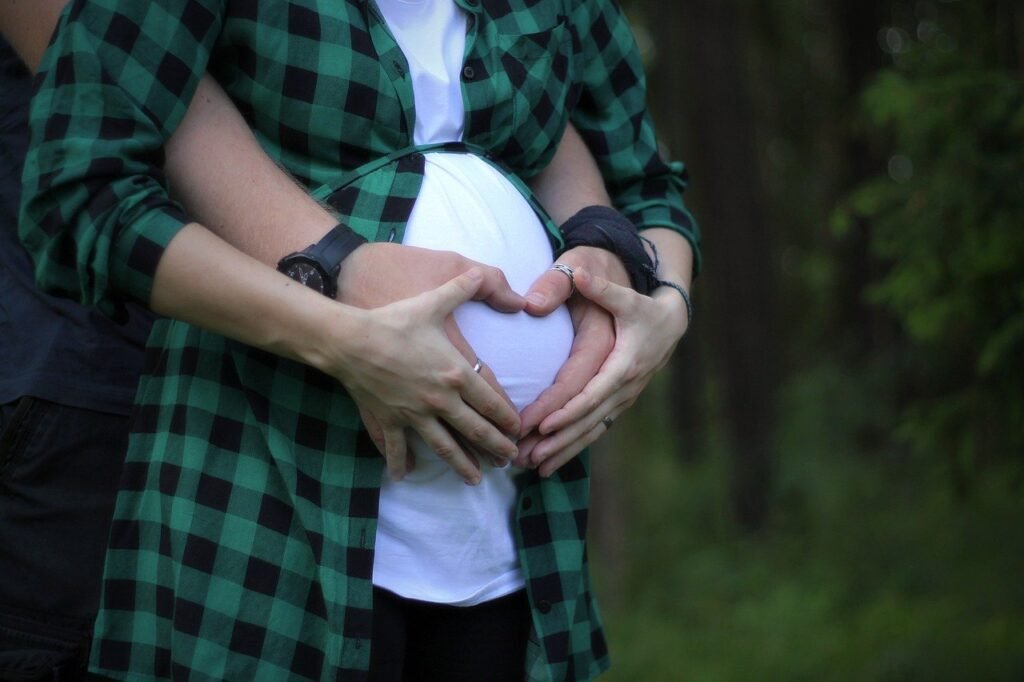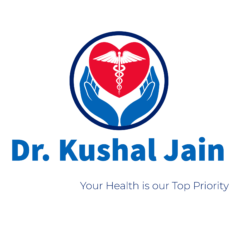Foods to Avoid During Pregnancy: A Guide to Safe Eating
Pregnancy is a special time in a woman’s life, and taking care of your health becomes a top priority. Along with regular prenatal check-ups and a balanced diet, it’s crucial to be aware of certain foods that should be avoided during pregnancy. These foods can pose potential risks to both you and your developing baby. In this article, we will discuss some of the foods you should steer clear of during pregnancy, as well as provide additional tips for safe eating.

Foods to Avoid During Pregnancy
1. Raw or Undercooked Meat, Poultry, and Fish
Raw or undercooked meat, poultry, and fish should be avoided during pregnancy. These foods may harbor harmful bacteria such as salmonella, E. coli, and listeria, which can cause food poisoning. Additionally, raw meat can contain a parasite called toxoplasmosis, which poses serious risks to your baby’s health. It is important to ensure that all meat, poultry, and fish are cooked thoroughly to eliminate any potential bacteria.
2. Soft Cheeses
Soft cheeses like brie, feta, and blue cheese are often made from unpasteurized milk. Unpasteurized milk can carry a bacterium called listeria, which can lead to listeriosis—an infection that can harm your baby. To minimize the risk of listeria, it is best to opt for pasteurized cheeses during pregnancy.
3. Unpasteurized Milk
Unpasteurized milk has not undergone the process of heating to kill harmful bacteria. Consuming unpasteurized milk can lead to food poisoning and other health issues. It is advisable to choose pasteurized milk and milk products to ensure they are free from harmful bacteria.
4. Raw Eggs
Raw or undercooked eggs should be avoided during pregnancy due to the potential presence of salmonella bacteria. Ensure that eggs are thoroughly cooked until the yolk is firm to eliminate any risk of salmonella contamination.
5. Unwashed Fruits and Vegetables
Fruits and vegetables are an essential part of a healthy diet, but they can sometimes carry harmful bacteria if not properly washed. To minimize the risk of bacterial contamination, thoroughly wash all fruits and vegetables under running water before consumption.
6. High-Mercury Fish
Certain types of fish, such as swordfish, king mackerel, and tilefish, contain high levels of mercury. Mercury can be harmful to your baby’s developing nervous system. It is advisable to avoid these high-mercury fish during pregnancy. Instead, opt for low-mercury alternatives like salmon, trout, and shrimp, which are rich in omega-3 fatty acids and beneficial for your baby’s development.
7. Alcohol
Consuming alcohol during pregnancy is strongly discouraged. When you drink alcohol, it easily crosses the placenta and reaches your baby, potentially causing a range of problems, including fetal alcohol spectrum disorders (FASDs). It is best to avoid alcohol entirely throughout your pregnancy.
8. Caffeine
While moderate caffeine intake is generally considered safe during pregnancy, excessive consumption should be avoided. Caffeine can cross the placenta and affect your baby’s heart rate and metabolism. High levels of caffeine can lead to irritability and difficulty sleeping. It is recommended to limit your caffeine intake to no more than 200 milligrams per day, which is roughly equivalent to one 12-ounce cup of coffee.
It is essential to discuss your dietary concerns with your healthcare provider. They can provide personalized guidance and help you create a healthy and safe eating plan for you and your baby. Additionally, here are some additional tips to ensure safe eating during pregnancy:
Additional Tips for Eating Safely During Pregnancy
Cook Food Thoroughly
Meat, poultry, and fish should be cooked to an internal temperature of 165 degrees Fahrenheit (74 degrees Celsius) to kill any bacteria. Eggs should be cooked until the yolk is firm and no longer runny.
Refrigerate Leftovers Promptly
To prevent the growth of harmful bacteria, refrigerate any leftover food within two hours of cooking. This helps maintain food freshness and reduces the risk of contamination.
Avoid Cross-Contamination
Proper hygiene is crucial during pregnancy. Always wash your hands thoroughly before and after handling food. It is recommended to use separate cutting boards for raw meat, poultry, and fish to prevent cross-contamination.
Be Aware of Your Cravings
Pregnancy can bring about intense cravings. If you find yourself craving foods that are on the list of foods to avoid, consult your doctor. They can suggest safe alternatives that will satisfy your cravings without compromising your baby’s health.
Things you should never forget during pregnancy
By following these tips and avoiding potentially harmful foods, you can ensure that you and your baby are eating safely during pregnancy. Remember, maintaining a nutritious and well-balanced diet is essential for the well-being of both you and your baby.

3 thoughts on “List of foods that you must avoid during Pregnancy”